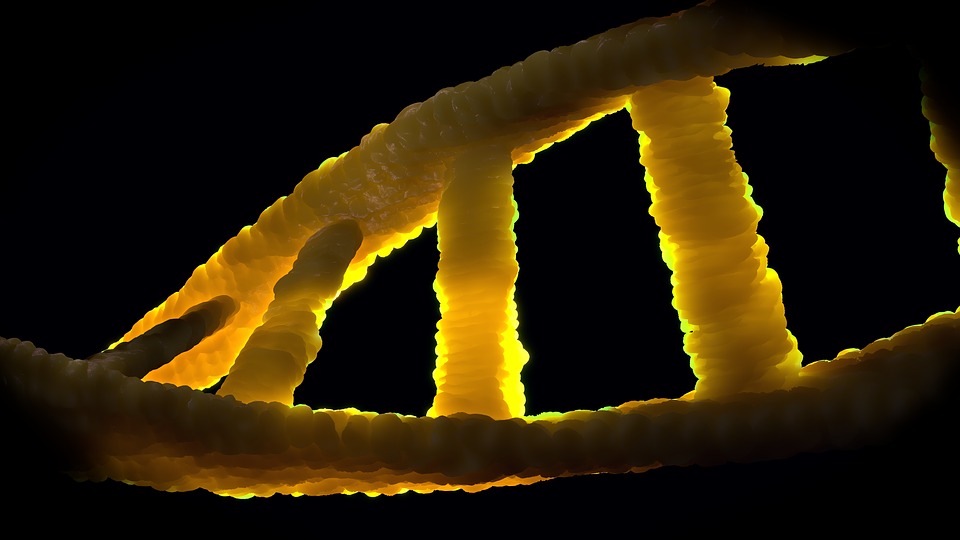
Researchers at Tel Aviv University have made a groundbreaking discovery that could change our understanding of genetic mutations and their impact on brain development. The study reveals that not all genetic mutations are detrimental; some may protect against developmental conditions.
Under the leadership of Professor Illana Gozes, Director of The Elton Laboratory for Molecular Neuroendocrinology, the research team discovered a protective inherited mutation in the Activity-Dependent Neuroprotective Protein (ADNP) gene. This finding challenges the conventional belief that mutations in the ADNP gene always result in developmental difficulties. .
“I was struck by how this particular mutation enhanced certain protein interactions, potentially offering protection against developmental disorders,” explains Dr. Gozes. “This discovery opens up entirely new perspectives on how we view genetic variations and their impact on brain development.”
The study focused on a unique case where a mother carrying an ADNP mutation showed above-average adaptive behaviour. In contrast, her child, inheriting this protective mutation and a second variant, demonstrated better outcomes than in similar cases.
Key findings include:
• The protective mutation (ADNP_Glu931Glyfs*12) creates an additional protein interaction site
• This enhancement leads to stronger cellular connections and improved protein function
• The discovery suggests potential new therapeutic approaches for neurodevelopmental disorders
This finding is particularly intriguing because it might influence our approach to genetic therapy. Could other seemingly harmful mutations harbour unexpected benefits? How might this knowledge be applied to develop more effective treatments?
Dr Shula Shazman, a study co-author, notes that their computational modelling revealed how this protective mutation strengthens crucial cellular processes. This insight raises interesting questions about the potential for identifying similar protective mutations in other genes associated with neurodevelopmental disorders.
The research has immediate implications for understanding and treating ADNP syndrome, a rare genetic condition affecting brain development. More broadly, it challenges us to reconsider our assumptions about genetic mutations in neurodevelopmental disorders.
The study employed advanced computational modeling alongside clinical observations, led by the psychiatrist, Prof. Joseph Levine. The results demonstrated how modern bioinformatics can reveal unexpected benefits in genetic variations previously considered purely detrimental.
Looking ahead, this research opens several compelling avenues for further investigation: How common are protective mutations in other neurological conditions? Could this discovery lead to new therapeutic strategies for related disorders?